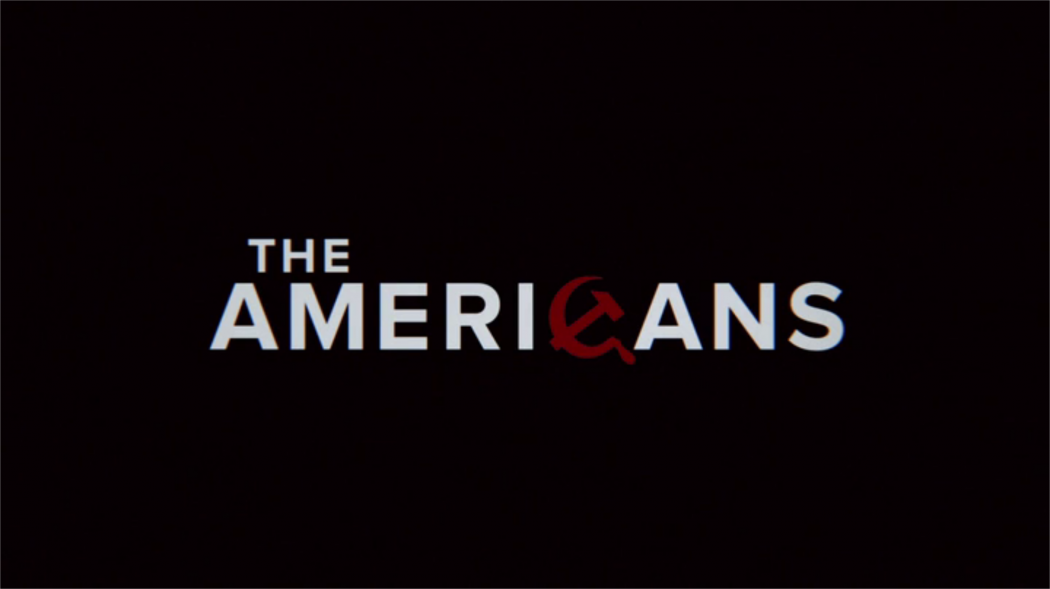In the Golden Age of Television, FX’s “The Americans” is like platinum. It’s just that good.
I come back to it every Wednesday night, having patiently waited the week for a new forty-minute dose of Philip and Elizabeth Jennings, 1980s deep cover Russian spies posing as folksy suburban travel agents on the outskirts of Washington DC. Over the course of six seasons, I have watched the two of them–and their American-born, (mostly) oblivious children–weave through a decade of spy work behind enemy lines. With their true identities known only to one another, they smuggle information, bodies, and equipment to the USSR whilst operating under the noses of an FBI agent-neighbour, inquisitive pastor, and myriad characters in between. I have seen them kill countless American civilians, lie to their closest friends and family about their identities, blackmail American officials in order to extract state secrets, and disguise themselves with innumerable, ill-fitting wigs in order to do it.
With all of this ugliness, any non-watcher of the show would assume that we viewers hate the Jennings couple. But, while we might shudder at their orders, we don’t. Instead, through a combination of beautiful screenwriting, outstanding acting, and spot-on art design, we sympathize with our Soviet protagonists. We do not see them as illegal residents or sought-after criminals, but as a husband and wife struggling to navigate the moral maze between idealistic ends and unsavoury means.
Much of the affection we reluctantly develop for Philip and Elizabeth (deftly played by Matthew Rhys and Keri Russell) stems from the affection they develop for one another as the series goes on. From a smattering of flashbacks, we know that they arrived in America together in the early 60s, having trained separately and having been partnered up rather emotionlessly in Moscow just weeks before. For years, they simply co-existed, their “marriage” starting and ending with the forged US certificate that said as much. Only as their commitment to the cause is tested, and as the danger of their espionage intensifies do Philip and Elizabeth gradually come to truly marry each other.
No single spouse has a monopoly on morality, and, depending on the argument, one might simply seem to possess a wider share of virtue than the other
Of course, like most American couples, their union is not without its trials. They often strain to communicate with one another, cutting the other off mid-argument, entering long periods of strictly work-related conversation, and disagreeing with one another about everything from the value of self-help classes to whether they ought to kidnap a college student and blackmail her CIA-employed father for information. They feel a fierce, often undiscussed loyalty to one another, and the camera rarely pans away from a Philip-Elizabeth scuttle with any clear demarcation of the moral high ground and who stands upon it.
Parallels between the spouses’ relationship and the Cold War in which they are fighting, therefore, are abundant. In both the global sphere and its marital microcosm, there are long periods of silence; looming but ultimately empty threats; and the somber cognizance of mutually assured destruction should either spouse opt to compromise their cover in any way. No single spouse has a monopoly on morality, and, depending on the argument, one might simply seem to possess a wider share of virtue than the other. As they bicker, the audience sees the faint streams of internal monologue across the couple’s faces–subtle hints that, similar to the United States and Russia, there lay new motives and old secrets that the audience—the world—cannot know.
While viewers of “The Americans” welcome the nuance with which the show approached the Cold War, it’s important to recall that, in the actual 1960s, 70s and 80s, national morale could pivot on the presence of a dog in space, and the countries of Korea and Vietnam, among others, each became theatres of war in which good (the United States) very basically battled evil (the USSR and its Asian partners). In America, communists were blacklisted, school children practised duck-and-cover drills, and Russia was what Raegan denoted as Evil Empire, like a villain in a children’s book. Meanwhile, back in the USSR, any and all political dissidents were silenced, often with the most brutal of means, tens of millions of people starved to death or were purged as corruption and inequality of the government festered, and the country was hollowed out by its own emaciated economy.
The 2013-2018 show transcends American and Soviet narratives to give audiences something in between: a depiction of a geopolitical conflict that is as nuanced and cryptic as the fighters at its secret core
“The Americans” does not ask us to create some sort of moral equivalency between these two poles of international power, though. The United States–as Philip points out in a number of battles with Elizabeth–allocated to its citizens freedoms that Russia never did, and, far outside of ethics, was politically and economically superior to the USSR in every sense for the duration of the Cold War. Still, when audiences watch the couple balance their devotion to the Motherland with the daily woes of an angsty teenage daughter, a lack of profit at the travel agency, or the moral conflicts that enter into the gruesome feats they are asked to carry out, we learn that to be an anti-hero is not to be a villain. The same principle, the show seems to suggest, ought to go for the Russia of past decades.
In understanding the Jennings as human beings, rather than as drones of the Evil Empire from which they hail, “The Americans” adds a layer of complexity to a US-USSR Cold War that is equal parts oversimplified and ongoing. With a stellar cast and brilliant crew at the helm, the 2013-2018 show transcends American and Soviet narratives to give audiences something in between: a depiction of a geopolitical conflict that is as nuanced and cryptic as the fighters at its secret core.


